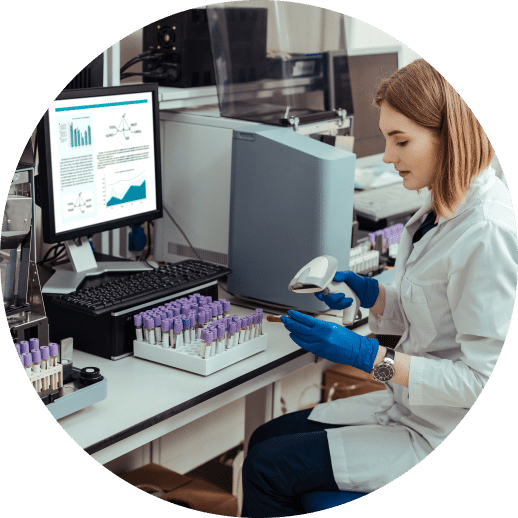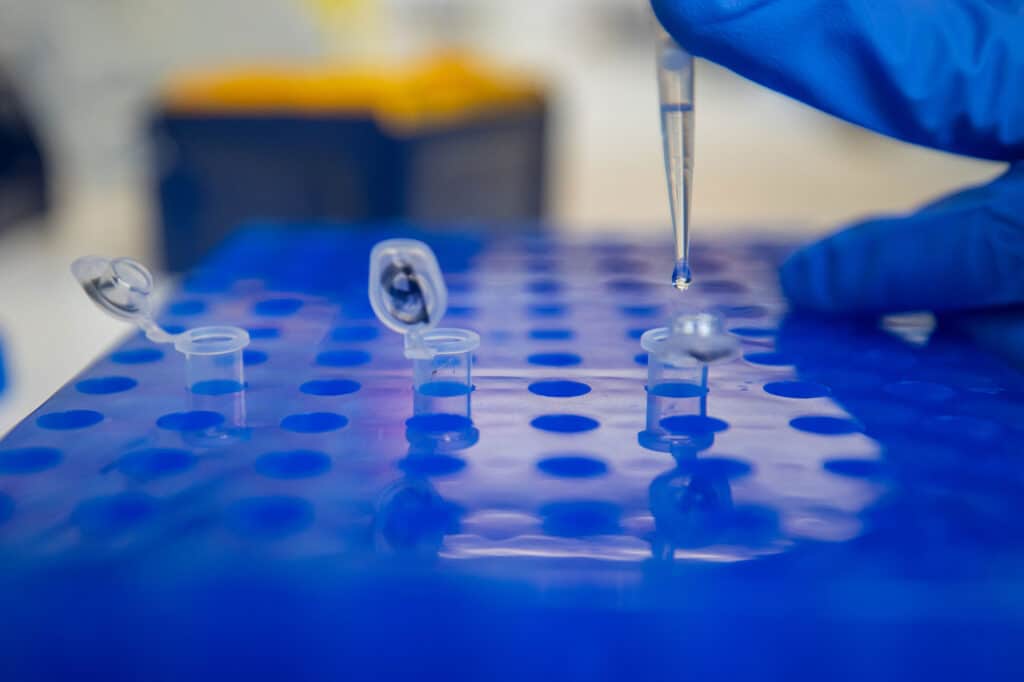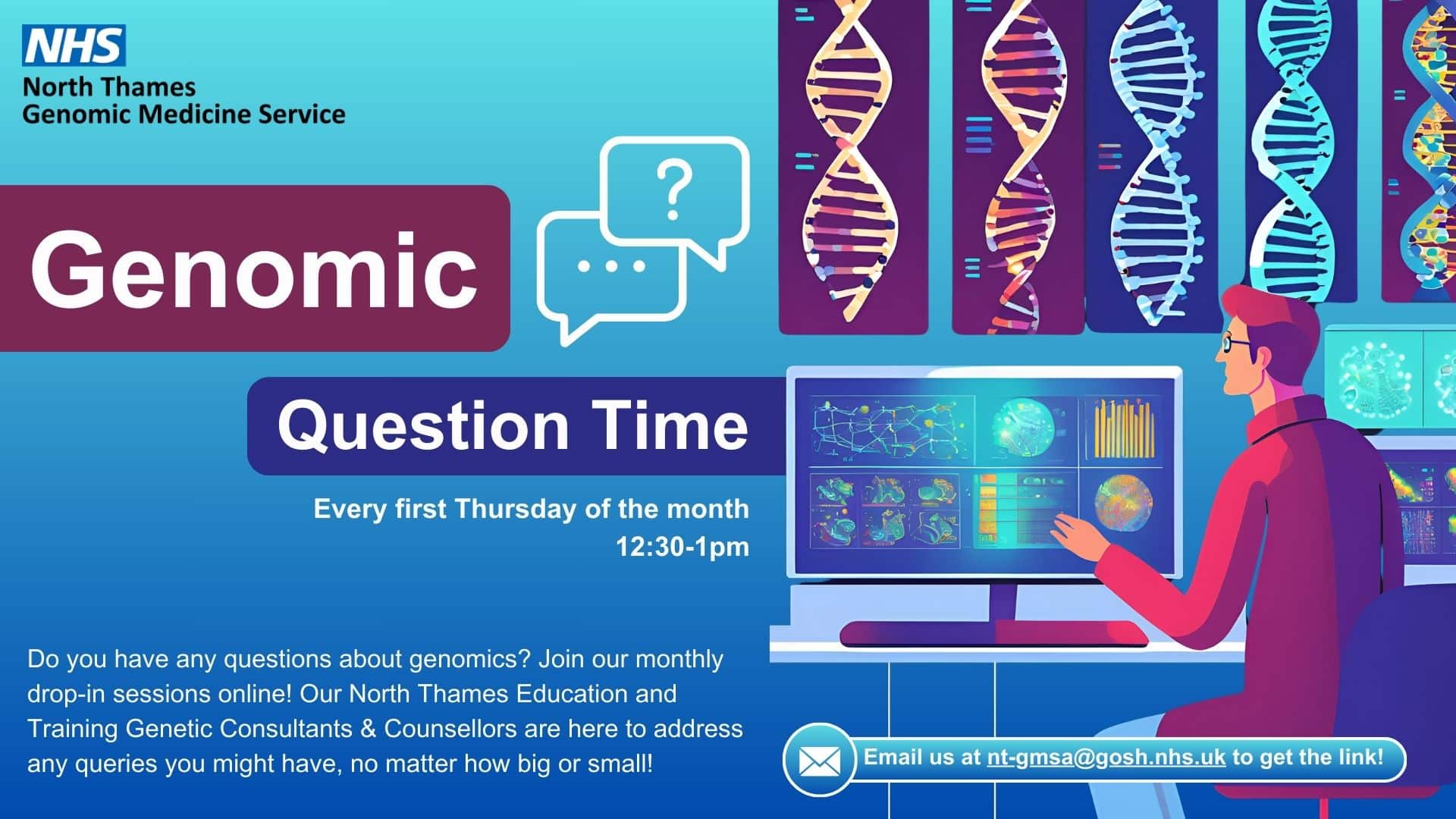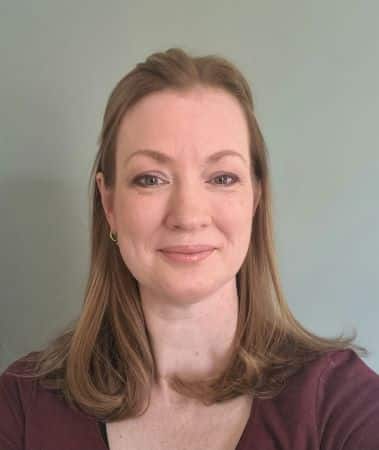How the testing works
Cancerous tumours often release fragments of their DNA into the bloodstream (known as circulating tumour DNA) that through a liquid biopsy test can be sampled to identify key genetic drivers of the tumour.
In the standard clinical pathway for lung cancer diagnosis, a tissue biopsy is used to confirm a histological diagnosis and genomic profiling results. However, results from the genomic test can take several weeks to be returned, long after the biopsy confirms a cancer diagnosis, during which time patients’ health may deteriorate considerably. This means patients are often immediately prescribed standard chemotherapy treatments as soon as the biopsy confirms a diagnosis, even if targeted treatments could be available.
Liquid biopsy testing will now be offered alongside the tissue diagnostic pathway. When patients with suspected stage 3/4 lung cancer first see a hospital doctor, they will be offered the liquid biopsy testing alongside current tissue testing. This means key genetic changes in the cancer can be identified much faster and patients can access treatments earlier in the pathway, sometimes even before the tissue biopsy is taken.
The targeted treatments can significantly improve quality of life for patients, improving survival and reducing unwanted side effects.
In early stages of the ctDNA pilot, testing was carried out by commercial partners, Foundation One and Guardant Health. After successful technology transfers by NHS genomic laboratory teams, national testing is currently carried out by North Thames and North West Genomic laboratory Hubs at the Royal Marsden NHS Foundation Trust and Manchester University NHS Foundation Trust respectively.
‘It has been amazing to watch our incredible teams at The Royal Marsden laboratory, part of the North Thames Genomic Medicine Service, work to bring this testing from research to an NHS lab. We worked closely with industry partners to bring the technology in-house and are now able to scale up testing to ensure patients across the country can get the results they need as fast as possible’ – Dr Michael Hubank, Scientific Director of the North Thames Genomic Medicine Service.





